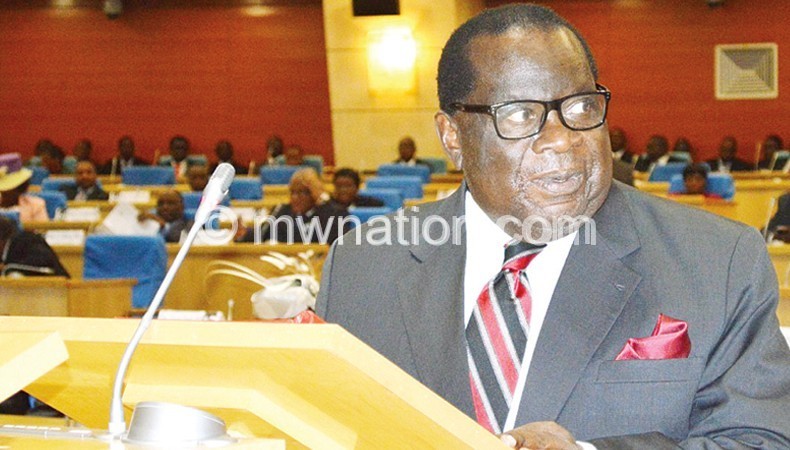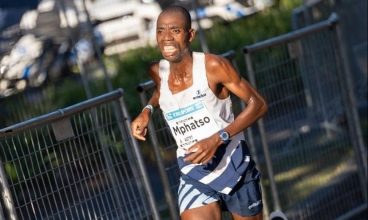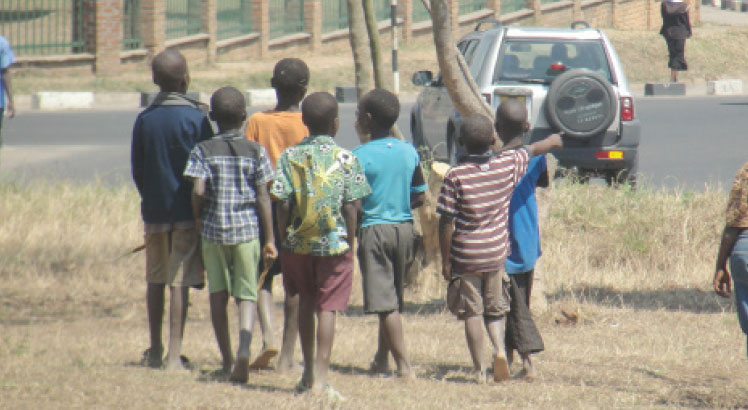Goodall, Nankhumwa fail to explain K4bn
Ministries of Finance and Local Government on Wednesday struggled to explain how government allocated K4 billion to 86 parliamentary constituencies.
The two ministries were also at pains to state where such money came from as pressure mounted on the motive behind the allocation that parliamentarians later agreed should be spread to all 193 constituencies instead of just 86.

In an interview, Minister of Finance, Economic Planning and Development Goodall Gondwe insisted the money was from taxes, grants and borrowing and was saved from the re-adjustments of the 2017/18 budget that saw cuts to the development budget.
Said Gondwe: “We came out with some money [from the exercise]. I was told, and I agreed with it, that this money could be used more effectively in rural areas where it could sink boreholes, repair schools and build roads.
“So, I told the Minister of Local Government [Kondwani Nankhumwa] that in my view, this money could be earmarked for rural areas. The village or area development committees would decide what projects would be done and people in Lilongwe would give them the money.”
Gondwe said his understanding was that Nankhumwa had asked members of Parliament (MPs) to suggest what they could do in their constituencies.
“At that point I don’t know what he [Nankhumwa] did, but from what he tells me, he asked a number of MPs to submit proposals of what kind of development projects they wanted. Some did, others did not. I gather he had a list of parliamentarians who were to benefit, even opposition MPs were on the list, including [Kamlepo] Kalua,” said Gondwe.

On his part, Secretary to the Treasury Ben Botolo said his ministry was not in a position to explain the exact allocation as the funding is coming from the budget of Ministry of Local Government and Rural Development.
“It is within the budget, especially the budget of Local Government and the Principal Secretary for Local Government is the one who can explain which vote the money is coming from,” he said.
Both Nankhumwa and the ministry’s spokesperson Muhlabase Mughogho yesterday were not clear on where exactly the money came from.
Said Nankhumwa: “This issue is a technical matter. I am not competent enough to explain on the same level as the Minister of Finance, so let him explain it.”
In a separate interview, Mughogho asked for more time to enquire from technocrats on which vote the money came from.
“The money is budgeted for in 2017/18 in the allocation for projects. It was for micro-projects or something, but let me verify with the directors,” she said.
ACB senior public relations officer Egrita Ndala said the graft-busting body was reviewing the matter.
“The bureau has recorded a statement on the matter based on media reports. The bureau will review the complaint to assess if there is merit to warrant its action,” she said in an e-mailed response.
Meanwhile, Budget and Finance Committee of Parliament chairperson Rhino Chiphiko yesterday described the transaction as suspicious.
He said Gondwe’s explanation on the source of the funding remains questionable, especially given that Treasury has had to cut expenditure from some government programmes due to inadequate funding.
Chiphiko said the Finance Minister’s earlier explanation that the funding is from grants does not hold either.
“I am very suspicious about the source of the funds that they have come from one vote or another. There is no proper statement on what this money will be used for and as I said in the response to the budget statement, government wants to use the money for financing political campaigns,” he said.
But he defended MPs’ decision to accept the funding across 193 constituencies, saying there is nothing illegal because the money is under vote 120.
“The understanding of budget process is difficult. There is nothing wrong with accepting the money, because government is allowed to vire certain expenditure by transferring that money into another vote.”
Another opposition lawmaker, Juliana Lunguzi, in a separate interview yesterday criticised fellow opposition MPs for accepting Gondwe’s plan to disburse the funds to all legislators.
“My concern was that we are going to legalise something which is illegal. We ought to have pressed government to explain where exactly is the money coming from and how is it going to be disbursed,” said Lunguzi.
Gondwe has found himself defending more allocations through a modality similar to the one for which he argued against giving more money: The Constituency Development Fund (CDF), citing poor management and donor concerns.
He was forced to back down on plans to trim the CDF budget by MPs who various audit reports accuse of mismanaging the funds while several independent audits, and in-depth investigations by Weekend Nation revealed last year that apart from CDF, other funding mechanisms such as Local Development Fund (LDF) and District Development Fund (DDF) had loopholes for abuse.





